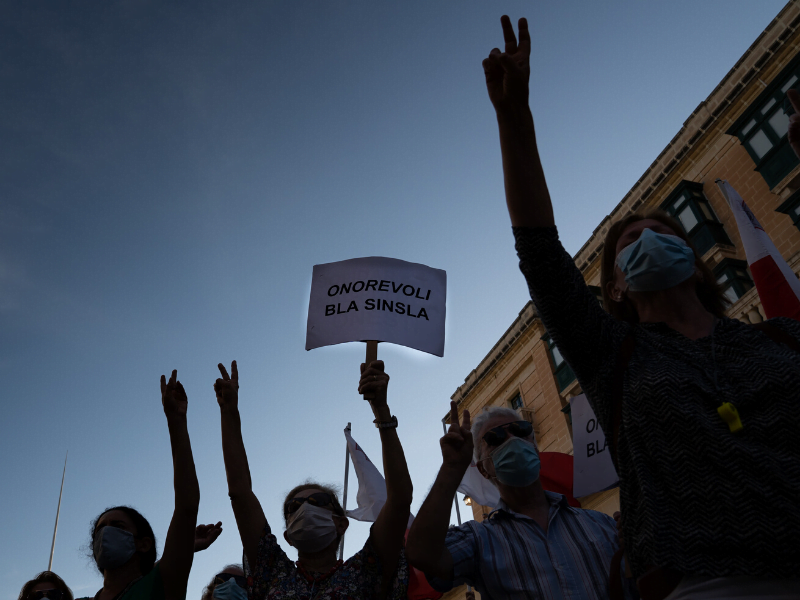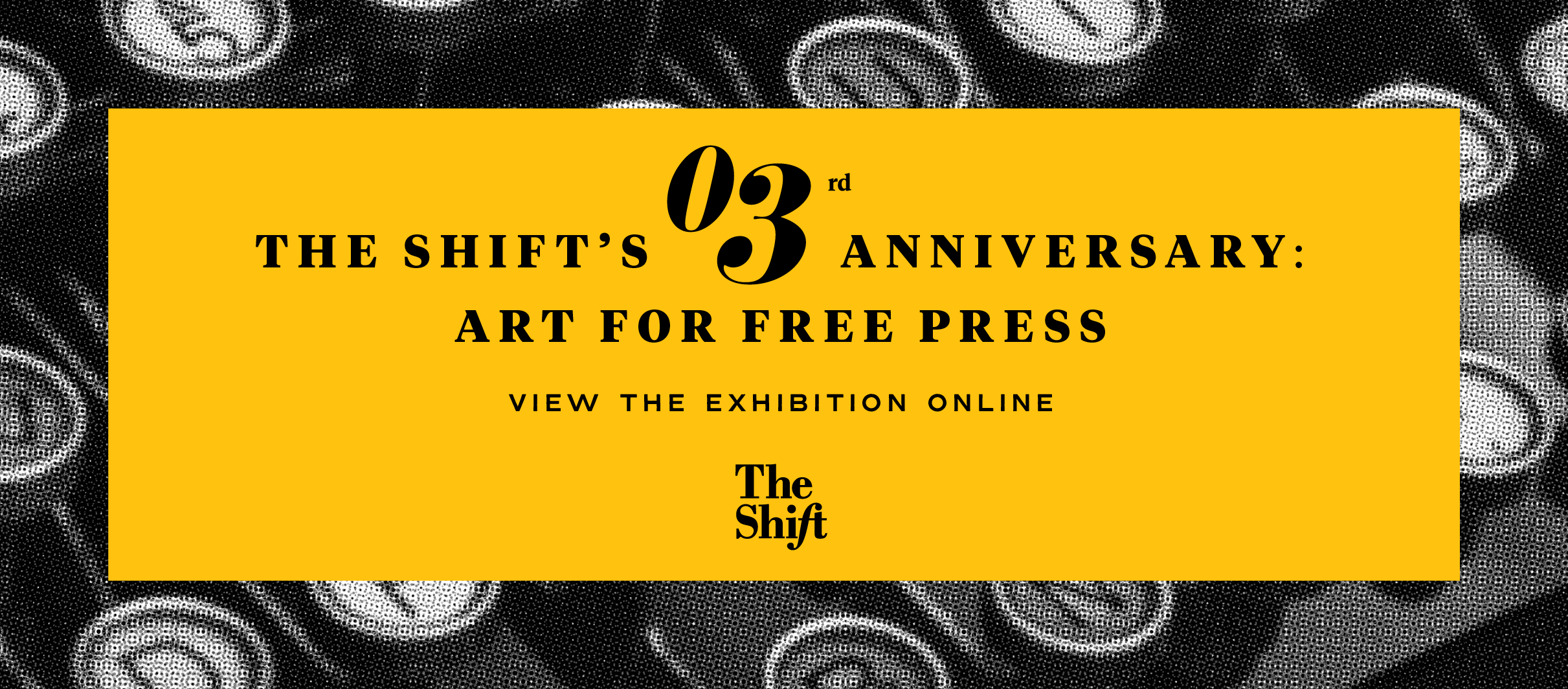Daphne Caruana Galizia’s assassination just over three years ago was, and remains, one of Malta’s deepest, darkest traumas. The shock and sorrow many of us felt after the horrific murder of the only journalist on the island brave enough to expose the pseudo-Labour government’s true character hasn’t lessened with the passage of time.
Just as any sort of trauma caused by crime lingers unabated until that crime is solved, there is no way for any of us to overcome the effects of the trauma before we are able to see that justice is done, and everyone involved in any way is identified and punished.
Beyond the searing grief of those who knew her personally, Daphne’s murder brought an accompanying fear that without her, the crooks in government would be able to continue their brazen pillage of the country’s assets unchecked.
In the years leading up to Daphne’s murder, none of the island’s newspapers, radio stations and TV channels came close to competing with her in exposing the wholescale criminality of disgraced former Prime Minister Joseph Muscat’s tainted regime.
To many of us, it felt frighteningly as though without Daphne, Malta was doomed. The main culprits appeared to be raking in as much as possible, as quickly as possible, with the obvious intent of bolting if and when they were voted out of power. But with the police well and truly in their pockets, the courts weakened by the appointment of partisan judges and magistrates, and the regulatory bodies charged with safeguarding Malta’s reputation utterly corrupted, it’s chillingly clear that bolting was only a Plan B.
It’s horrifying to contemplate that without Daphne to expose them, they could so easily have succeeded in their Plan A. And, having murdered her, they probably would have, if The Shift hadn’t been born, setting a new standard for journalism in Malta, putting the established media to shame and inspiring other journalists to stand up and say: Enough.
Caroline Muscat and the team at The Shift have accomplished something decades of supposedly free press have failed to do. They have cut themselves off from the toxic umbilical cords of big business and government “sponsorships” that keep all other Maltese media in business. This is a monumental feat in the incestuous Maltese media world that for years tiptoed fearfully around stories of corruption and wrong-doing they should have been covering for fear of loss of advertising.
The Shift, set up just weeks after Daphne’s murder, has become a powerful element within the entities and organisations established in the aftermath of that terrible crime. Bloggers like Manuel Delia, NGOs like Occupy Justice, Civil Society and Repubblika, are all determined to not only get justice for Malta’s best and bravest journalist, but also to ensure that the stories she was killed to prevent would still be investigated, still be written.
Equally, The Shift has acted as a beacon for the established media, inspiring previously timid newsrooms to raise their heads above the parapet finally, to start doing investigations of their own, to start looking for wrong-doing and reporting on it themselves, rather than simply following in Daphne’s wake, as they’d done for so long.
When Labour won the general election in 2013, I’d already been living in London for three years. I was alarmed at the result: the memories of the 70s and 80s were still very vivid for me. But most people I knew in Malta seemed undisturbed. They believed Joseph Muscat would be completely different to the previous Labour regimes and said we should “give them a chance”.
Very soon, though, stories about the realities of life under the “artful dodger of Europe” started to appear on Daphne’s blog. The mainstream media rarely, if ever, broke these stories, though they sometimes followed them. This meant that for people like me, working and living abroad, the only real news about what was happening in Malta came from Daphne.
And while bloggers like Manuel Delia have taken up the role of scrutiny and analysis of the government and its officials and NGOs have stepped up to demand justice for Daphne and the country, The Shift, alongside the Caruana Galizia family and the Daphne Project, is the vehicle driving the most dangerous, but most crucial, breaking news aspect of her work. The Shift has become essential reading for anyone seeking the truth about Malta’s tragic hijack by a gang of murderous criminals.
But The Shift only has the freedom to write the stories it does because it eschews the poisoned chalice of big business and government advertising funds. That means it falls to us, the public, to support it and ensure it’s able to continue its invaluable work. There’s a long way to go, still, before we see justice done and the criminals in government getting their just deserts.
Anyone who loves Malta has a role to play in ensuring our country is never again ransacked and devastated as it has been over the past seven years. The Shift is a key defence both in the ongoing fight to rid ourselves of this corrupt government and in the battle against it ever happening again.
Please support it and be part of the ever-growing cohort of Maltese citizens saying no to corruption, no to murder, and never again to the subjugation of an entire country to the will of a gang of thieves.
Blanche Gatt is a business editor and former Bloomberg reporter living in London. She contributes this article as part of The Shift’s third-anniversary campaign.















Just as a point of clarification, #Occupyjustice are not an NGO, just a pressure group